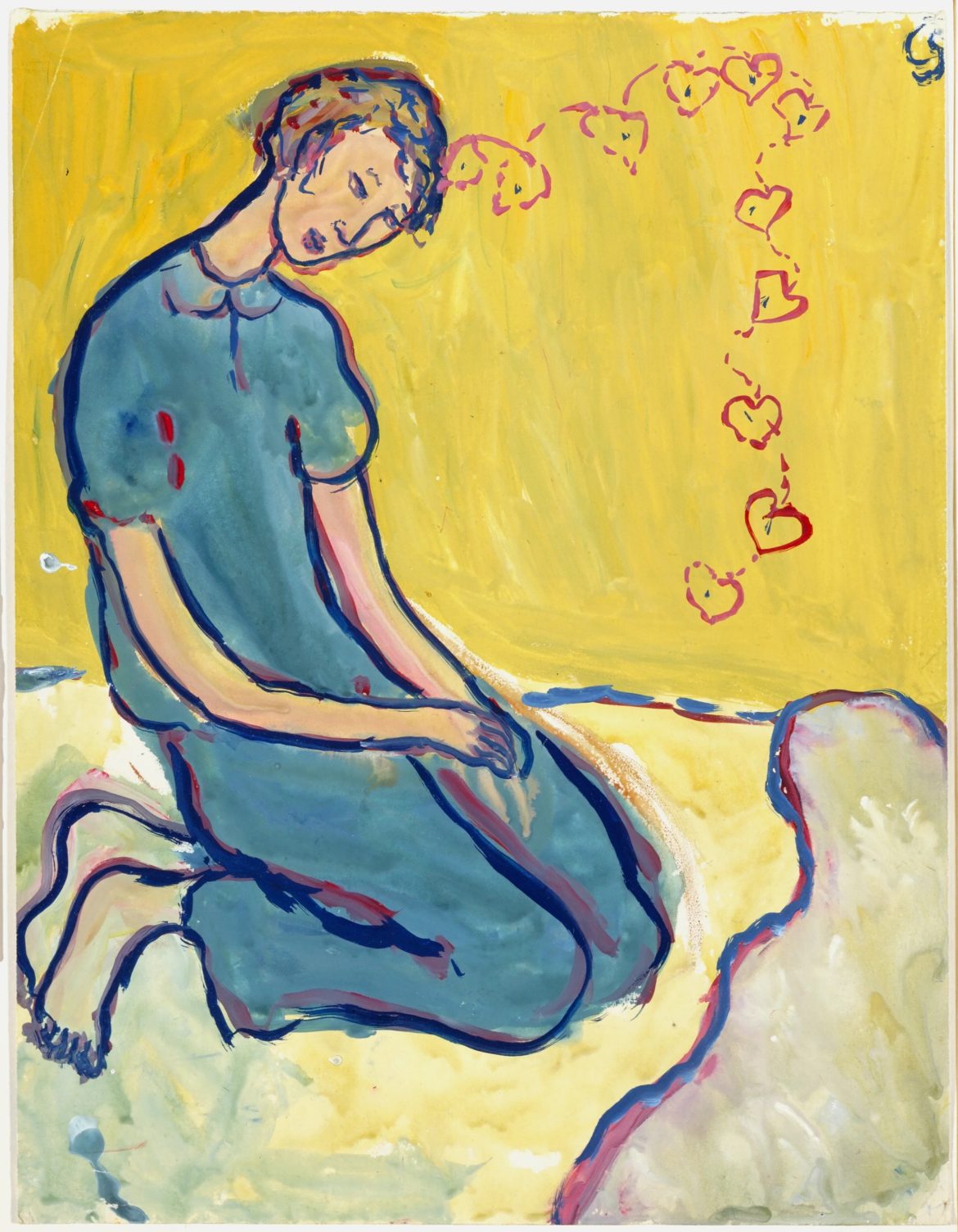A fascinating study from Queen Mary University in London suggests that your immune system might play a role in obsessive compulsive disorder.
Basically, you have proteins called immuno-moodulin (lmood) in your lymphocytes which are immune cells.
Researchers found that mice who had elevated lmood levels were much more likely to act stressed and show compulsive anxiety.
The awesome part is that researchers treated the mice with an antibody that neutralized lmood and, voila, the mice started behaving like chill little mice.
This is exciting — it suggests that antibodies targeting lmood can help anxiety and OCD.
Now what about for humans?
Well, in their small study, the researchers found that human OCD patients had SIX TIMES the level of lmood that healthy patients had.
Naturally, the researchers are going to continue down this avenue, and look at ways we can neutralize lmood to hopefully improve the lives of those who suffer with this awful disease.
The researchers say this is particularly interesting, because we’re finding out that the immune system plays a big role in mental health diseases.
And it’s why the next line in psychiatric medicine might focus on immune function.
This is great, and in keeping with the site’s mission, please friends — your immune system is a physical, not a spiritual thing.
You would never blame someone with Lupus for their malfunctioning immune system and likewise, we can’t call immune dysregulation a spiritual thing and it’s an utter travesty that so many mistake mental health for spiritual health.
Finally, in this age where lots of Christians are bashing pharmaceuticals and vaccines etc., let’s give three cheers for researchers and pharmas who are trying to make our lives better.
It’s easy for healthy people to bash pharmaceuticals, but for us sick folks, they are God’s gift.
[Painting: Charlotte Salomon self-portrait]
[Note: I wrote about this study last year, but occasionally repost studies that I think are particularly important to remember. Evergreen mental health studies, and this certainly is one].

